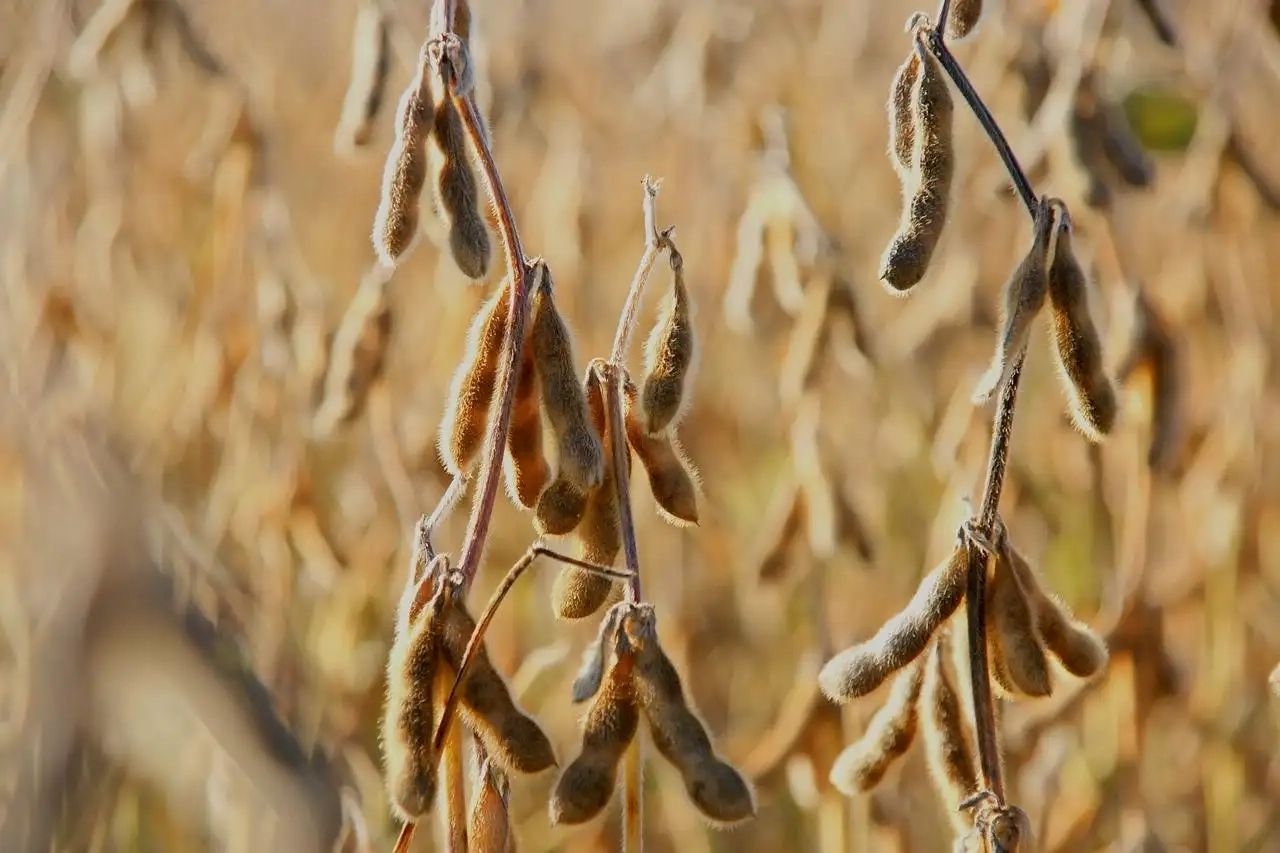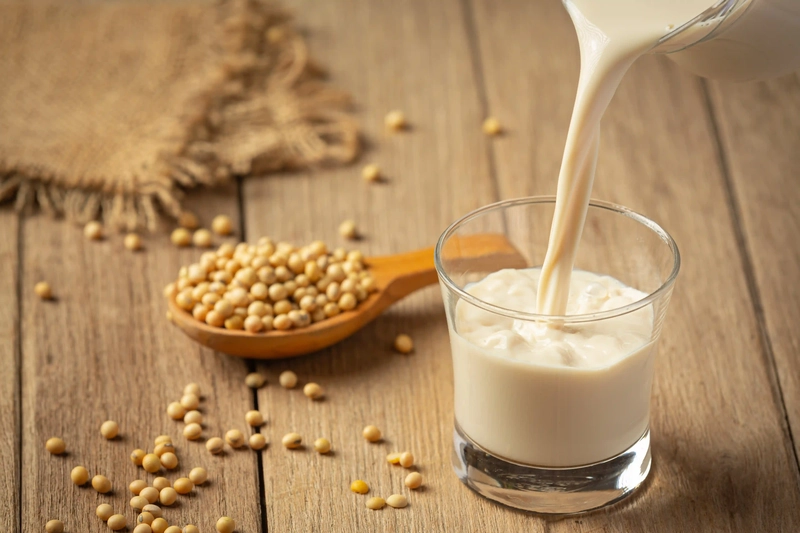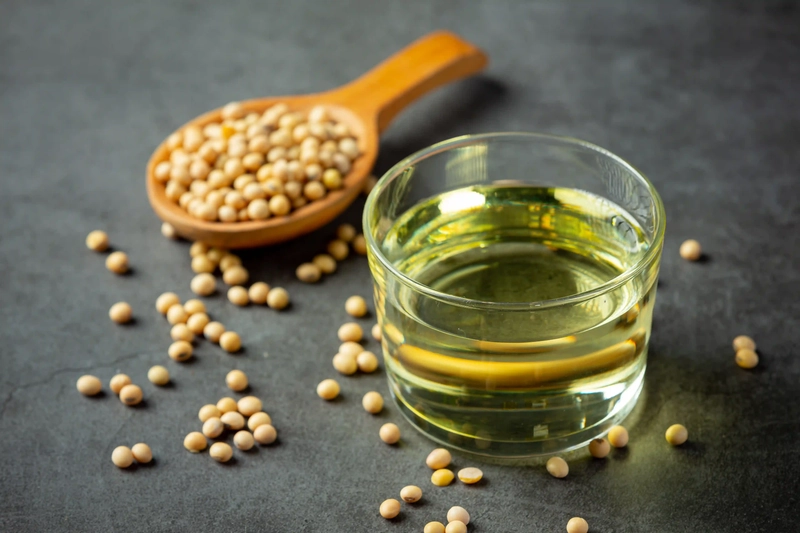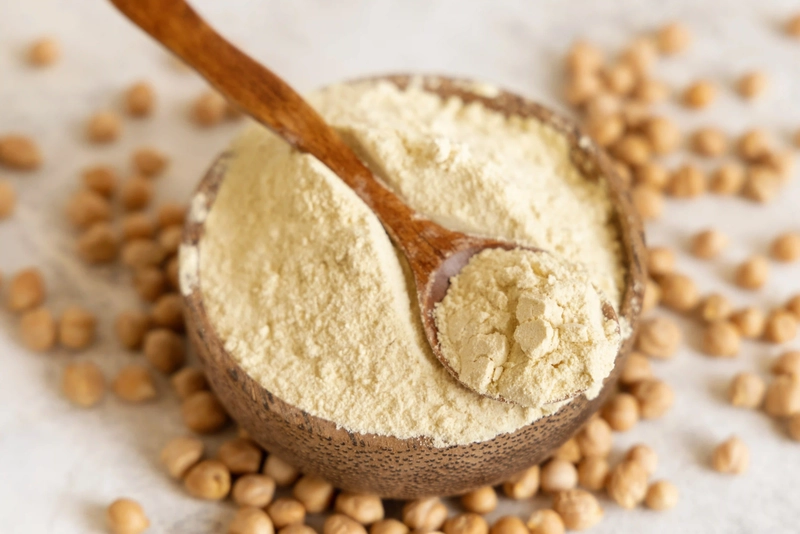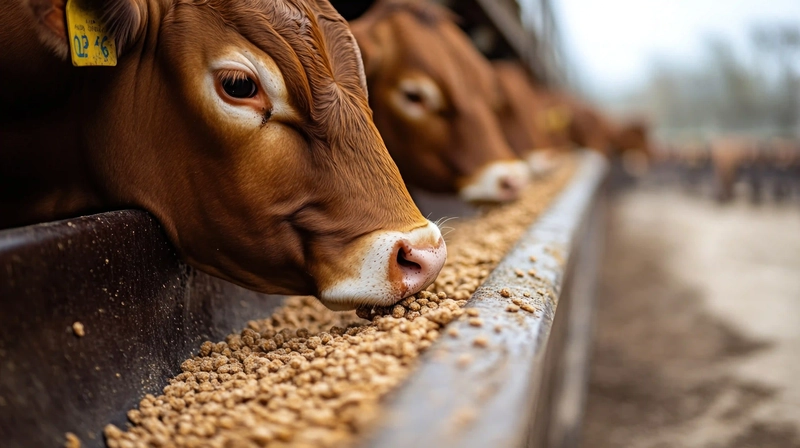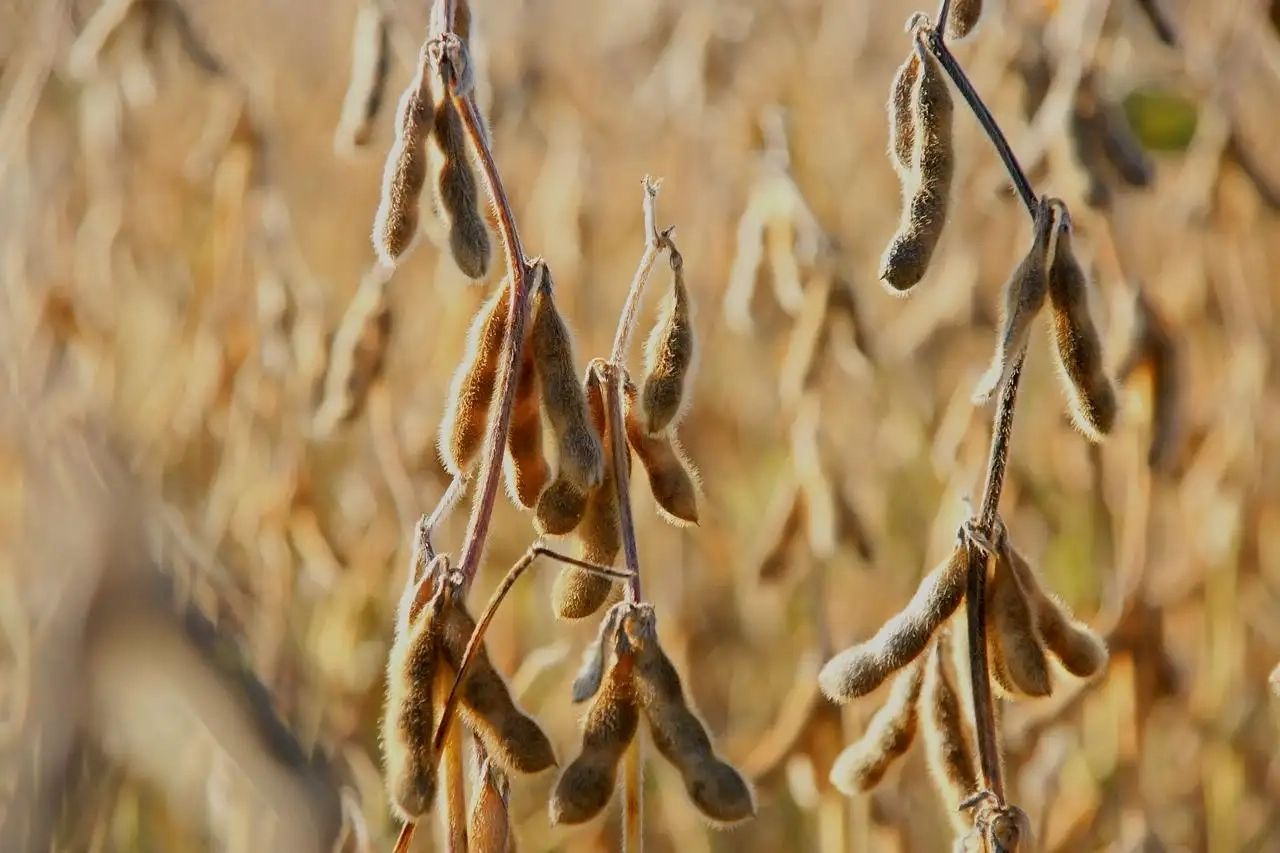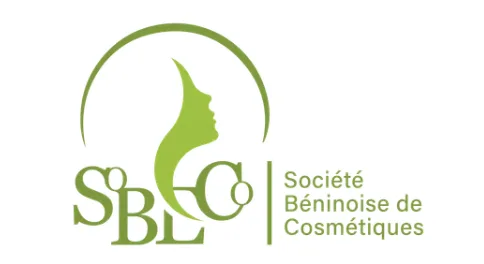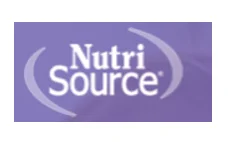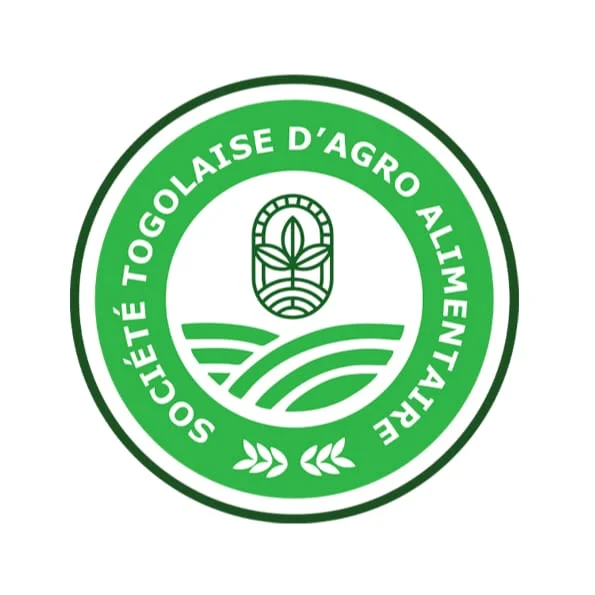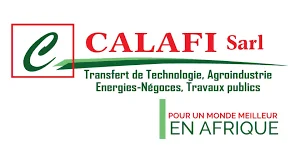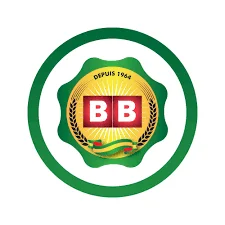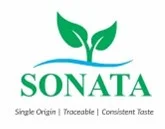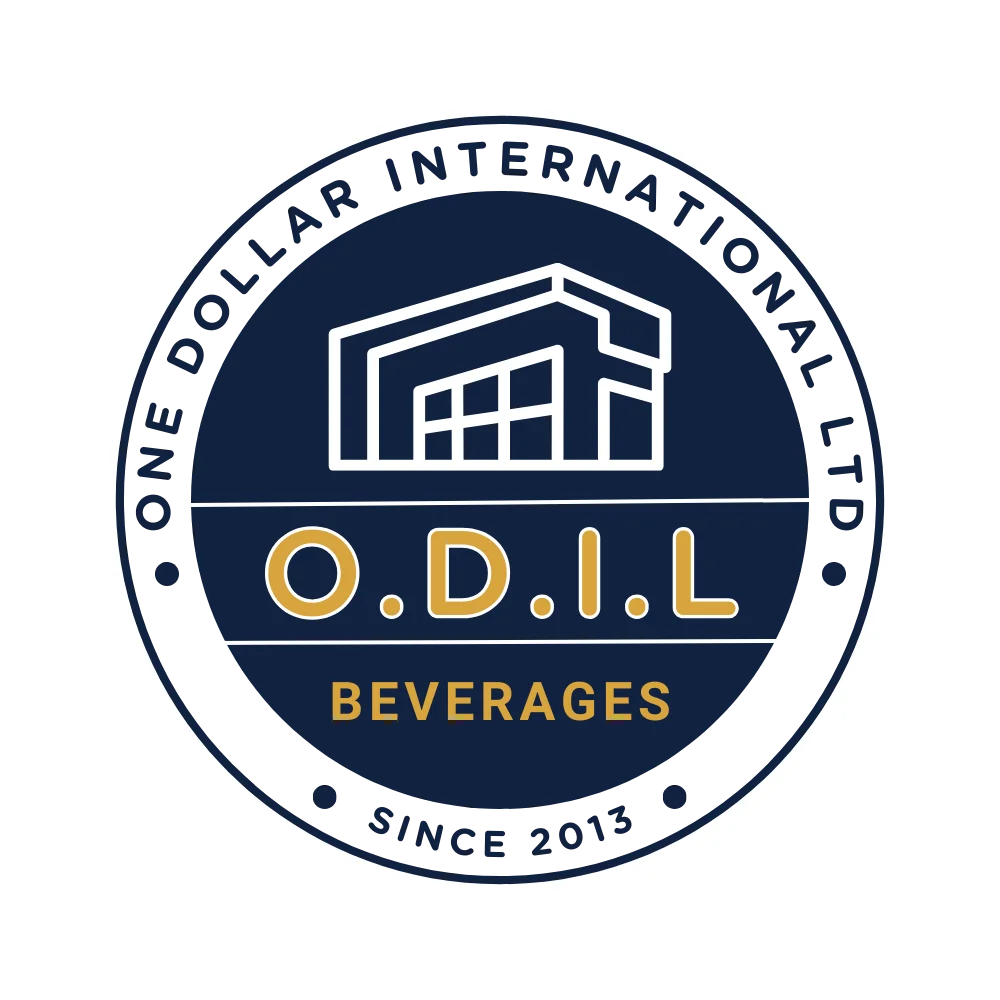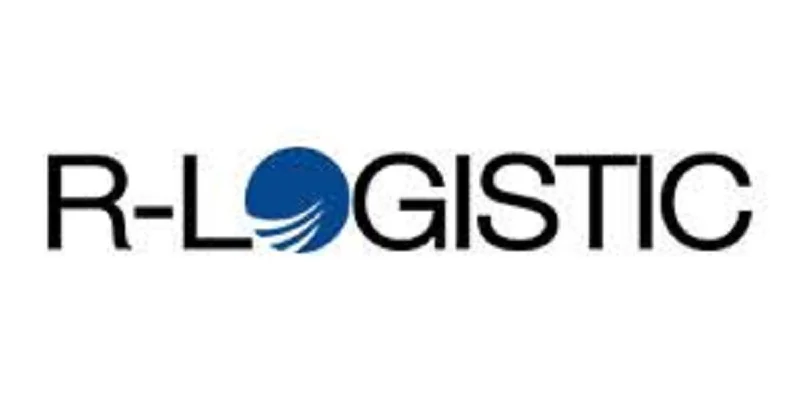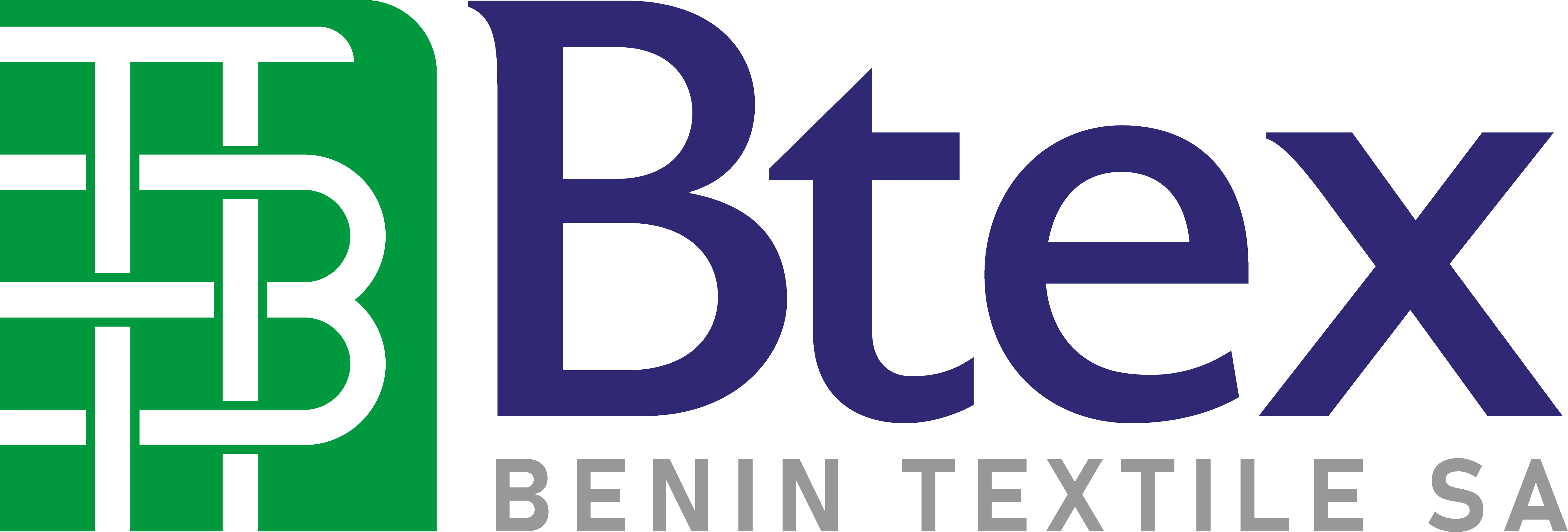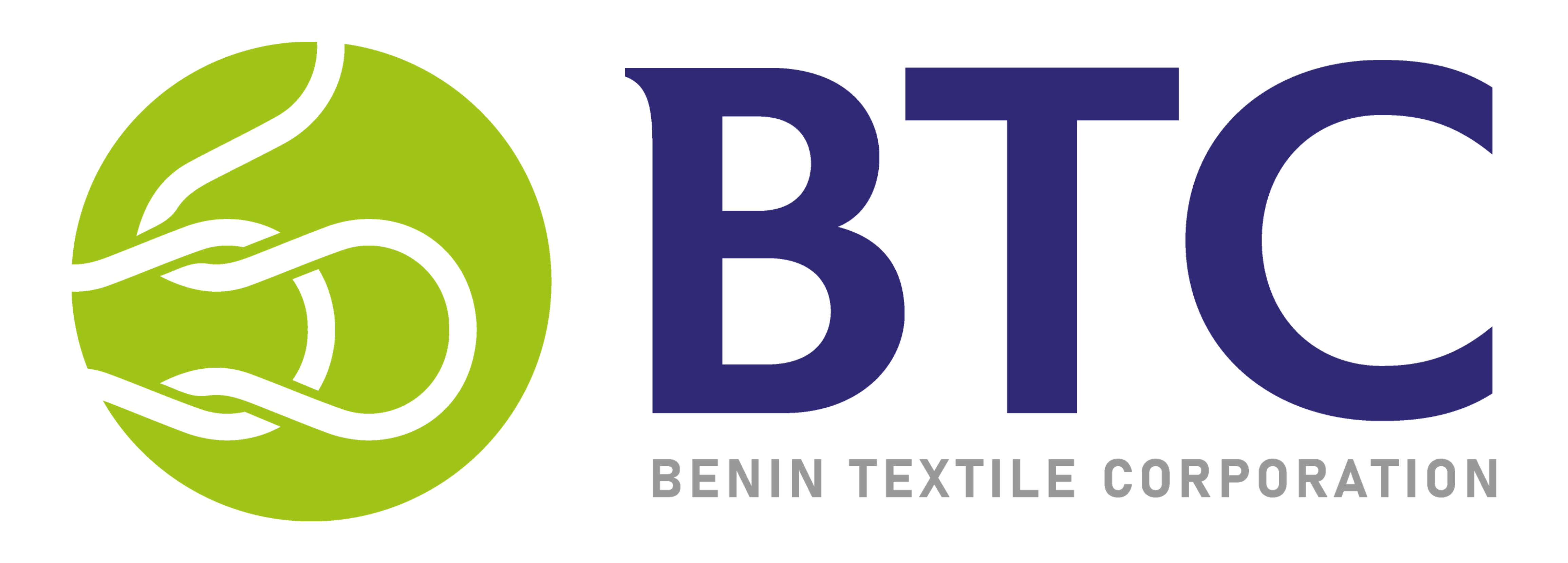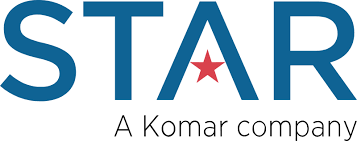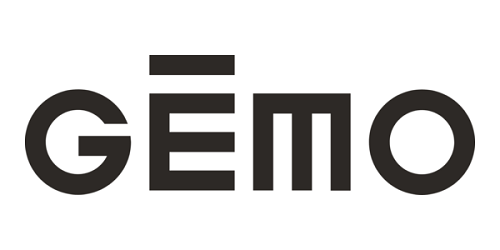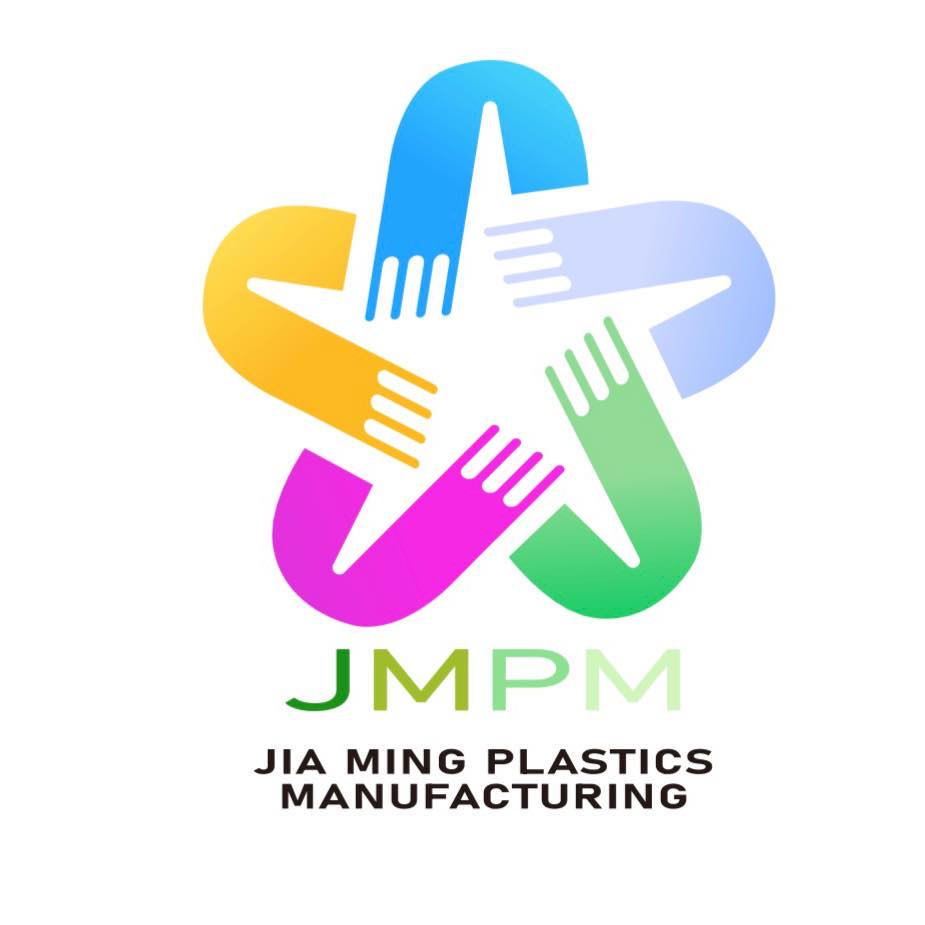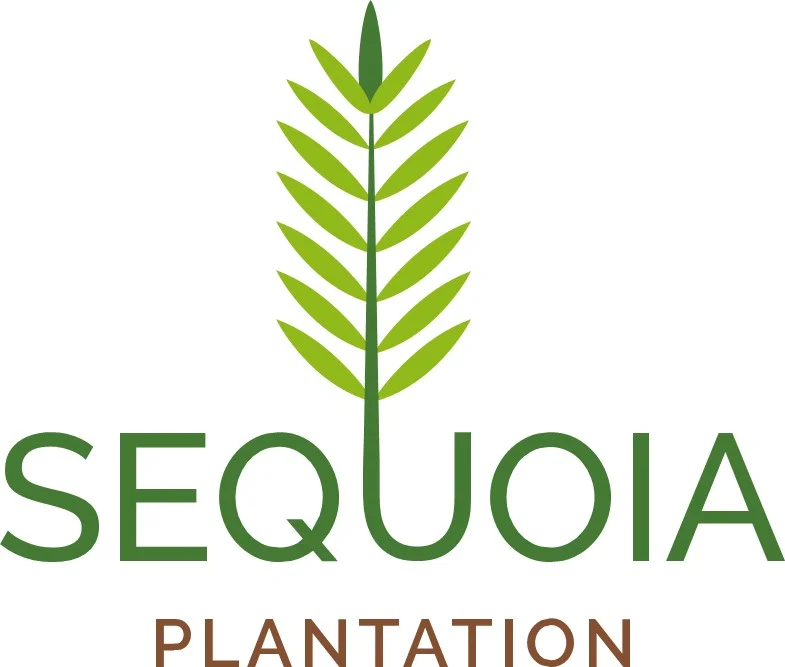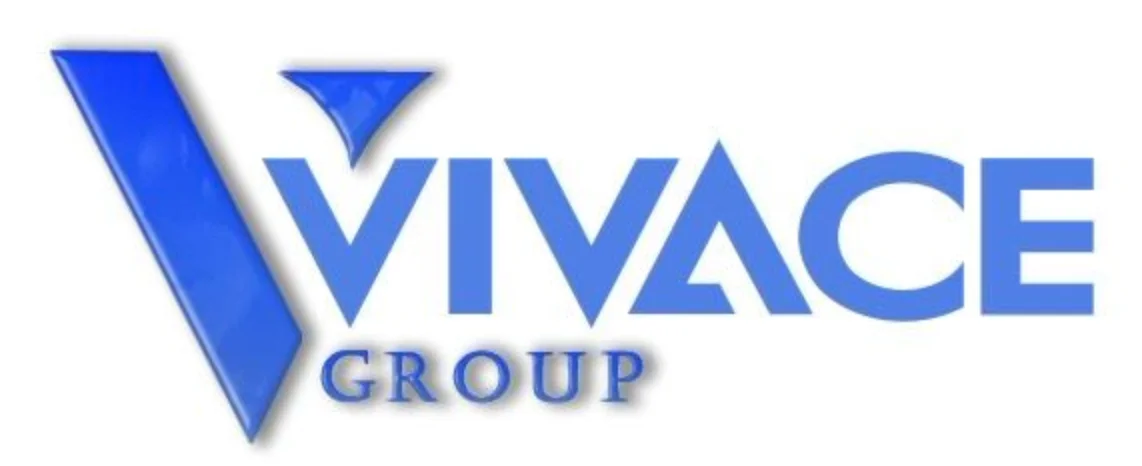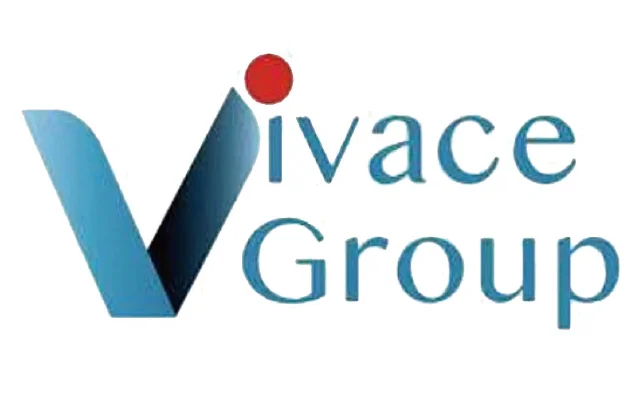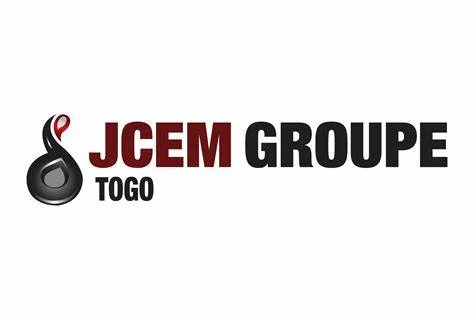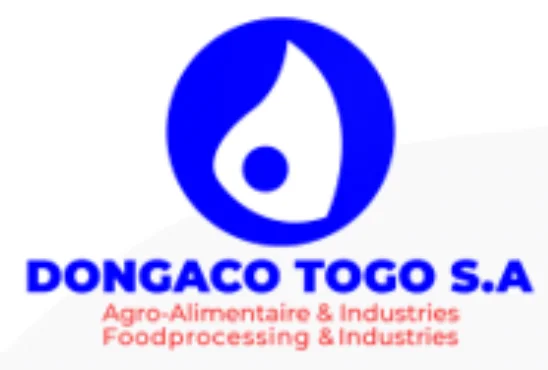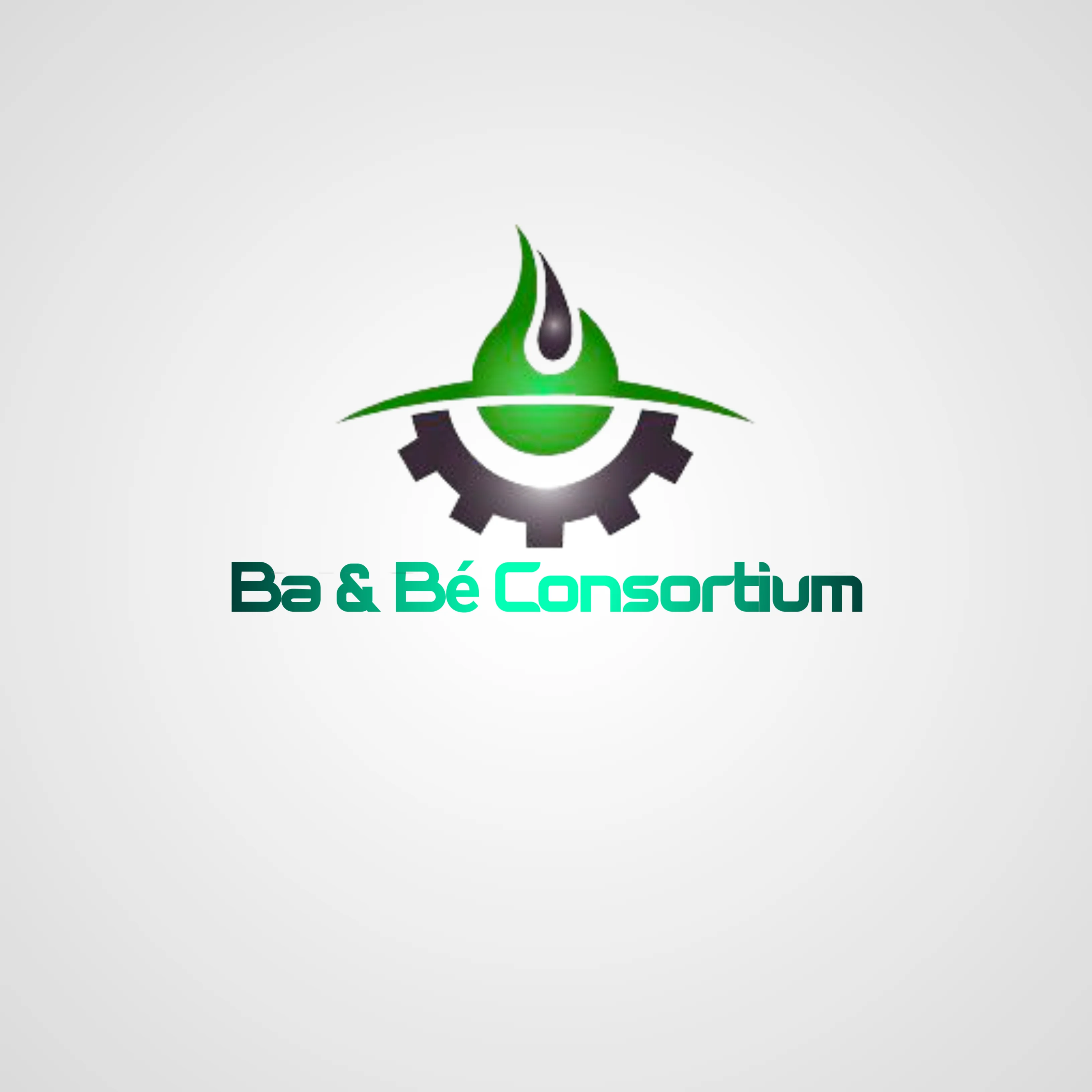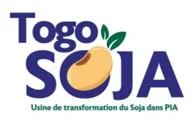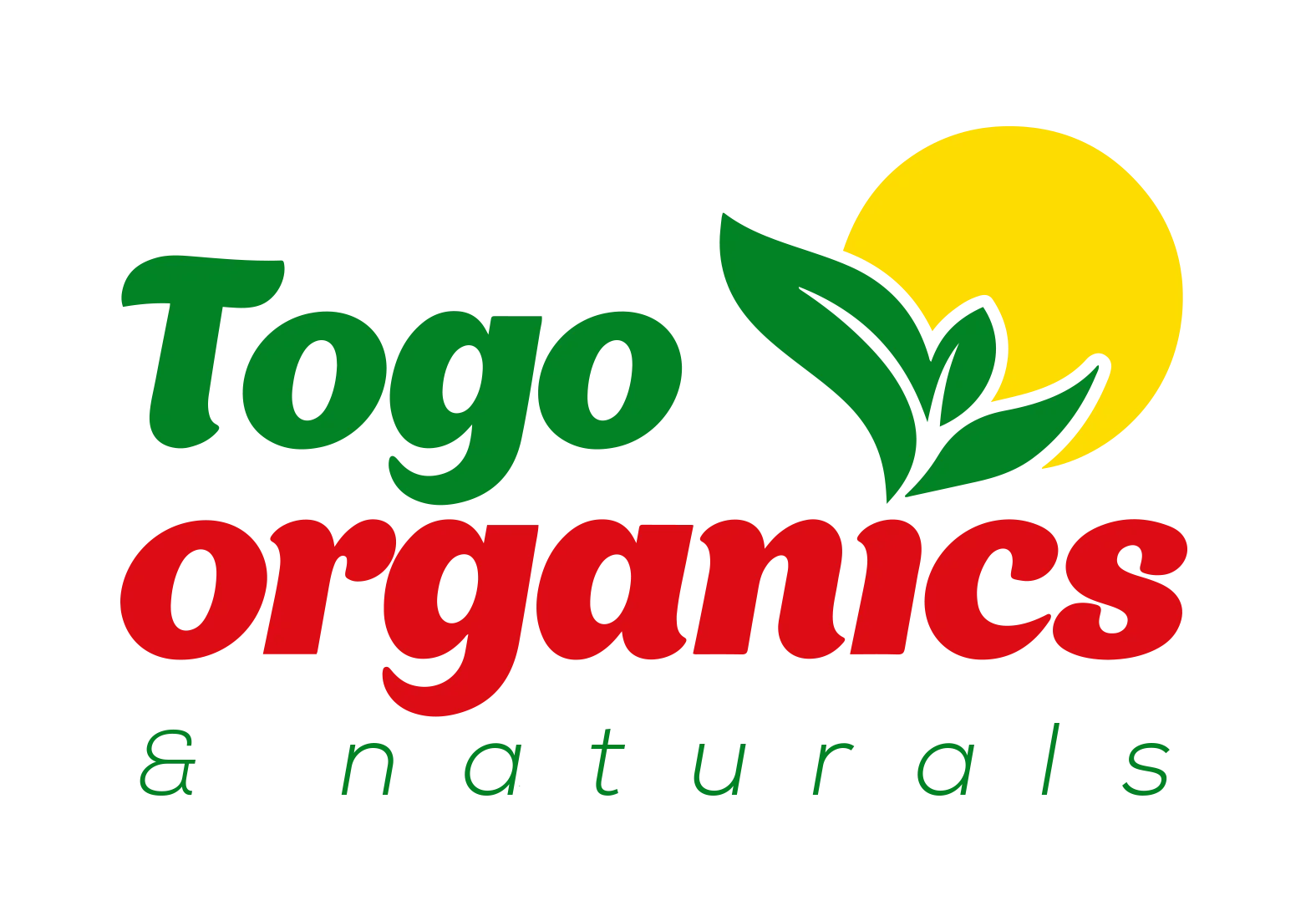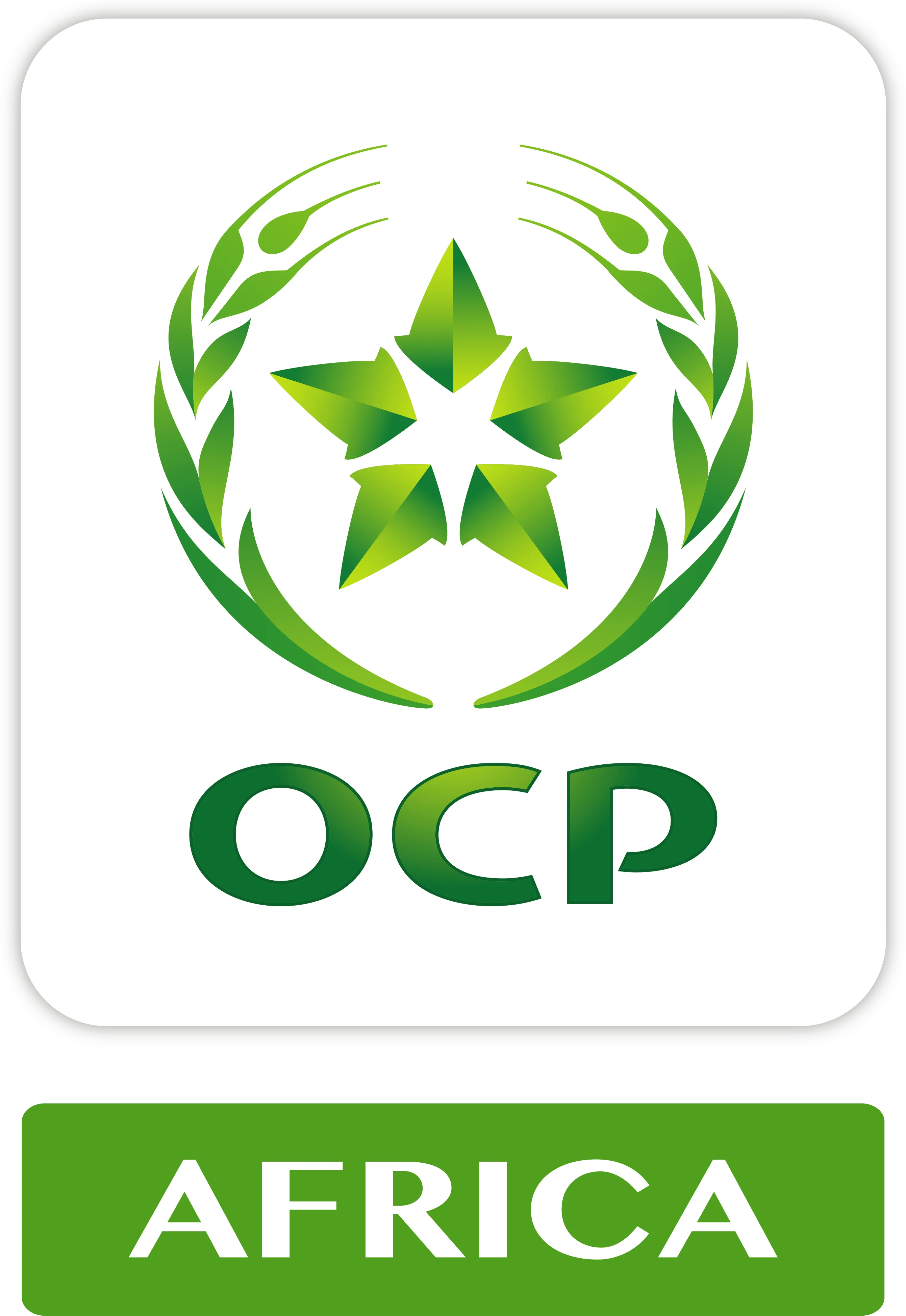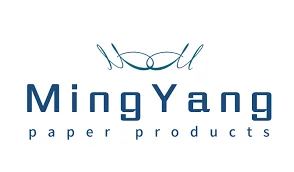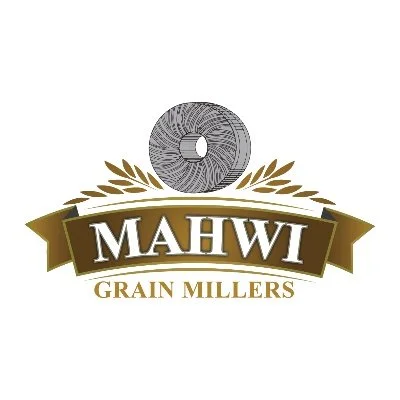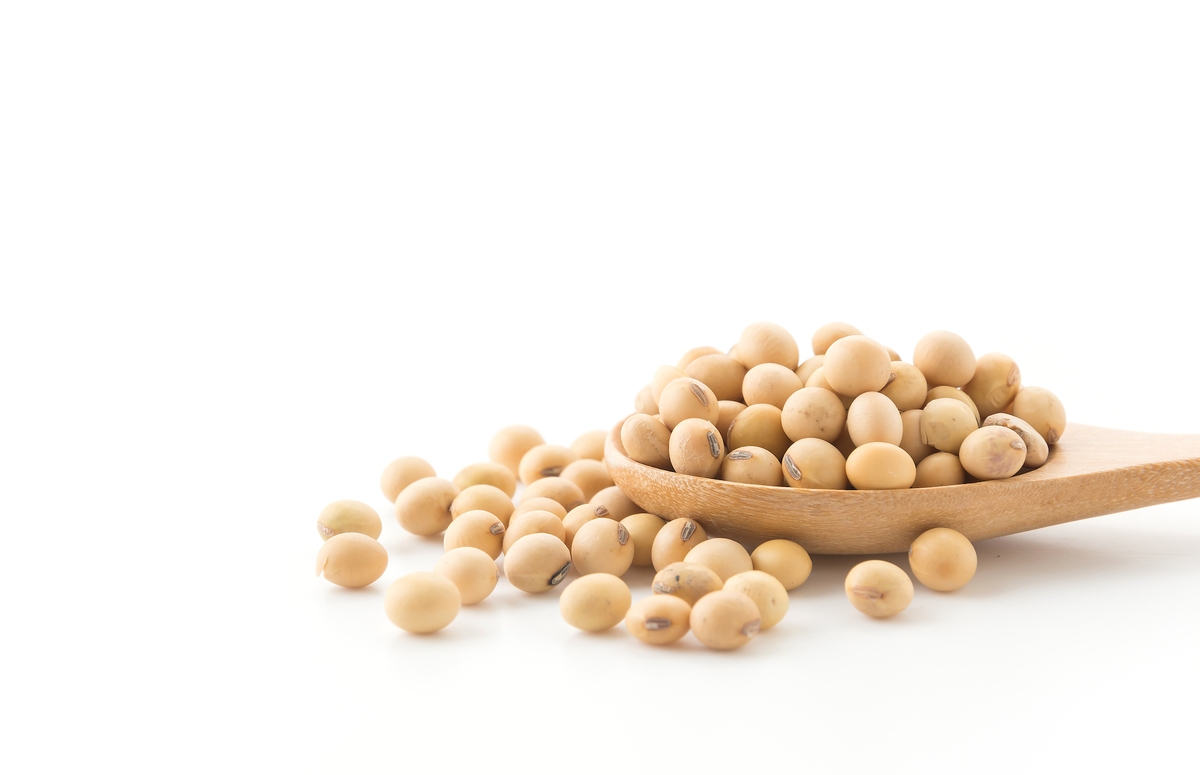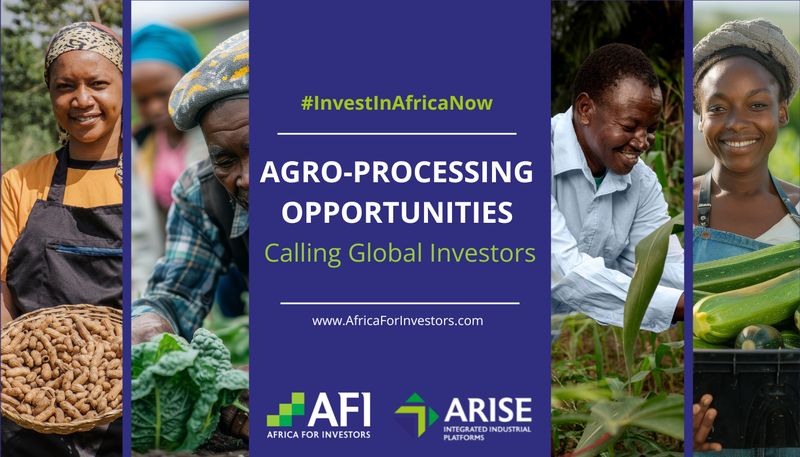How profitable is the soya bean business in Nigeria?
Earnings typically range from ₦250,000 to ₦600,000 per hectare annually, depending on yield, market prices, and efficiency of farming practices. Profitability is further enhanced by the growing demand for soya bean-based products.
What is the demand for soya beans in Nigeria?
Soya beans are used in various food products, including soy milk, tofu, and oil, as well as in animal feed. The demand is driven by increasing awareness of its nutritional benefits and applications in the food industry.
Can soya beans grow in Nigeria?
Yes, the country has favorable climate conditions and soil types that support soya bean cultivation. Key areas for soya bean farming include the Northern and Central regions, which have the appropriate climatic conditions for optimal growth.
Which countries import soya beans from Nigeria?
Nigeria exports soya beans to several countries, including the Netherlands, Turkey, India, South Africa, and Ghana. These countries import Nigerian soya beans for their use in various food products and animal feed.
Why should I invest in the soya bean business in Nigeria?
High domestic and international demand, the crop's versatility in producing oil, meal, and various food products, and Nigeria’s favorable climate for cultivation. The business also benefits from growing local consumption and export opportunities.
What are the main uses of soya beans in Nigeria?
Soya beans are used to produce a variety of products, including soya milk, tofu, soya oil, and soya sauce. They are also used in baked goods and as animal feed.
What are the key factors to consider when investing in soya bean farming?
Key factors are mostly the quality of soil, climate suitability, access to irrigation, pest management, availability of quality seeds, and market access for selling the soya beans.
What is the current price of soya beans per ton in Nigeria?
The price of soya beans per ton in Nigeria typically ranges from ₦300,000 to ₦450,000, although this can vary based on factors like quality, location, and market conditions.
What are the most profitable soya bean-based products?
This primarily includes soya oil, soya milk, tofu, and soya protein. They offer higher profit margins compared to raw soya beans.
Are government incentives available for soya bean investment in Nigeria?
Yes, benefits like tax benefits, grants, and support under agricultural development programs are designed to boost soya bean production and processing.
What are the growth opportunities in Nigeria's soya bean industry?
You can expand into new domestic and international markets, develop value-added products like soya oil and tofu, improve production techniques, and enhance infrastructure further for processing and distribution.



